While Gergely Karacsony enjoyed being praised in the European Parliament on Wednesday for staging the Pride event, another important investment has stalled in Budapest because of the freezing of EU funds, largely due to the left-wing political agenda the mayor of Budapest has also been pushing.
New Trams, Missing Infrastructure
This time, it has come to light that despite the arrival of 51 modern, low-floor, air-conditioned CAF trams in the capital, there is no money for the infrastructure projects needed to put the vehicles into service, because citing alleged rule of law issues, the European Commission has been withholding EU funds for Hungary from the Recovery and Resilience Facility (RRF) for years. The new trams are wider than the previous ones and do not fit on certain tracks and in some depots.
The purchase of the vehicles is part of the Budapest Transport Center's (BKK) tram development program for 2030, which includes comprehensive objectives for modernizing the vehicle fleet, expanding the network, and making stops accessible to people with disabilities, Gergely Karacsony himself posted on social media. At the same time, he refuted press reports that the capital was unprepared for the arrival of the new trams, as neither certain sections of the network nor the depots were suitable for putting the CAF vehicles into service. The mayor argued that "infrastructure developments, including track improvements and depot upgrades, were included in the RRF recovery plan, with a total of 96.4 billion forints in funding. Based on this, BKK prepared the necessary developments in close cooperation with BKV and the city."
Planned, But the EU Funds Are Not Coming
David Vitezy, leader of the Podmaniczky Movement's group in the Budapest municipal assembly, also addressed the issue on his social media, arguing that
the lack of infrastructure is not due to professional error, but rather to political and financial reasons.
"The funds planned from the recovery fund have not been released for Hungary due to the rule-of-law disputes. Although the government will eventually cover the cost of the vehicles from other EU sources, there is no funding for the associated infrastructure developments, or even if there is, the European Commission has frozen it," Vitezy pointed out.
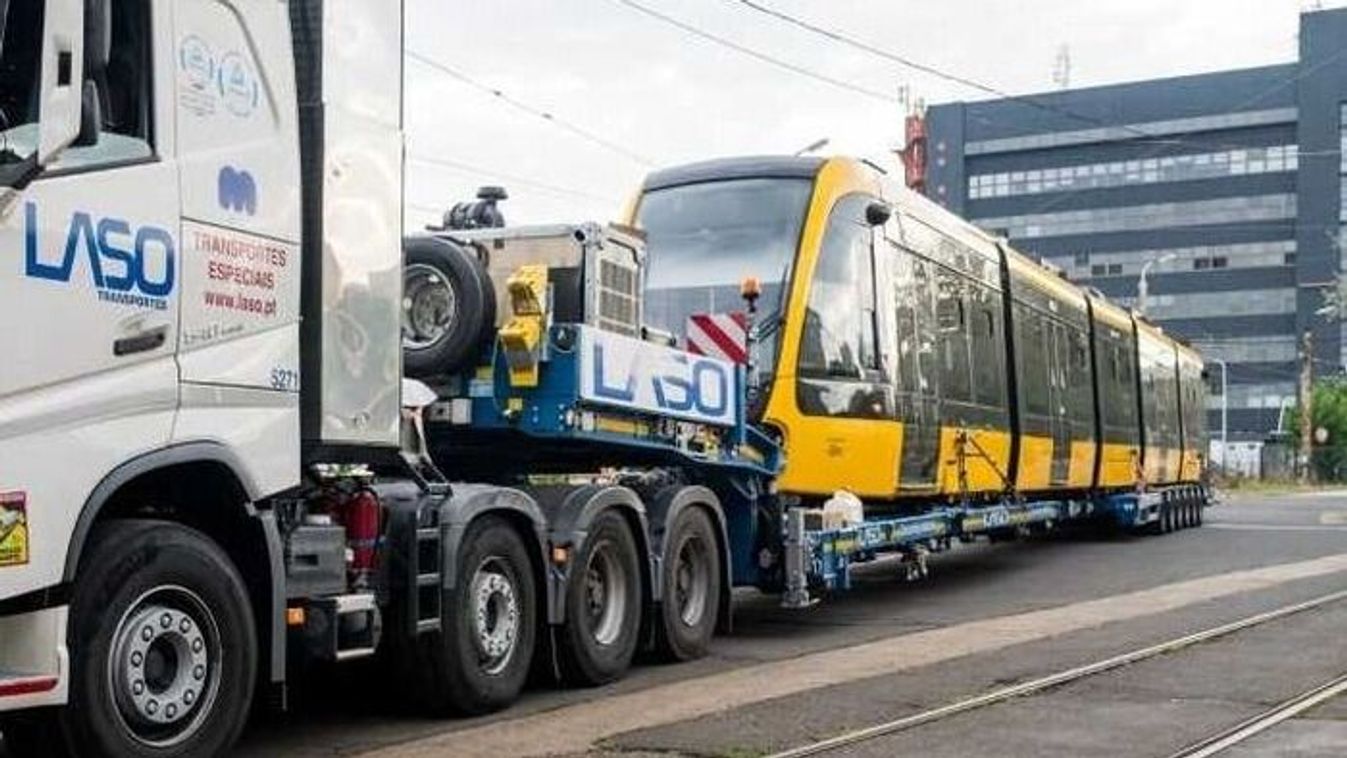
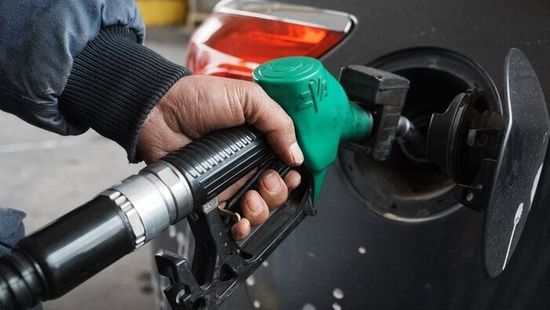
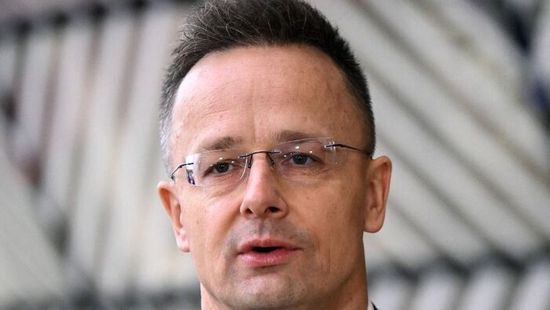
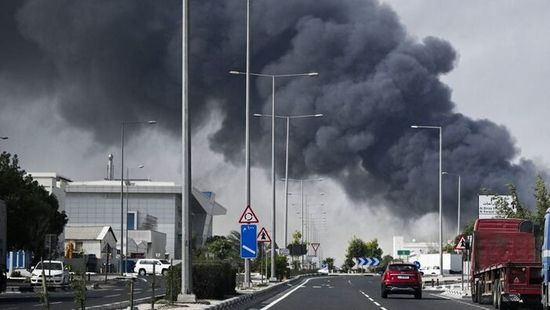
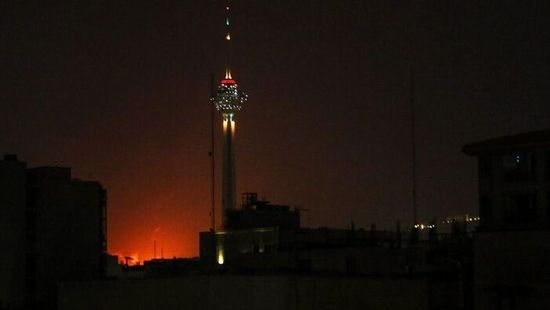

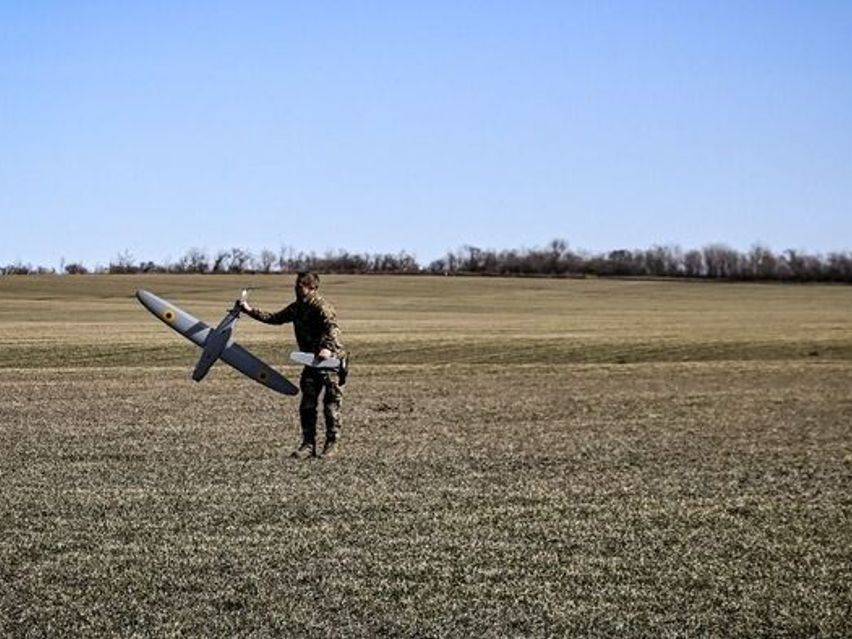
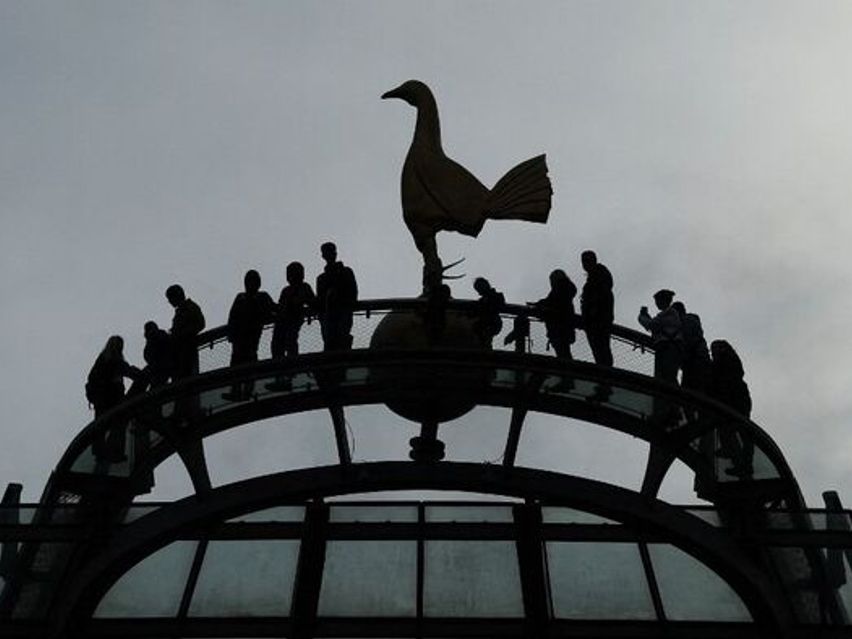
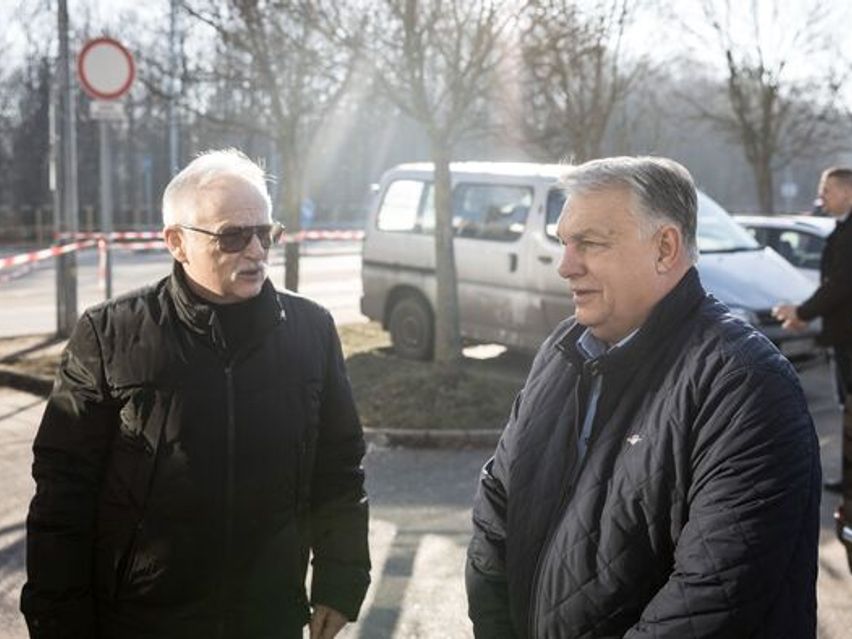
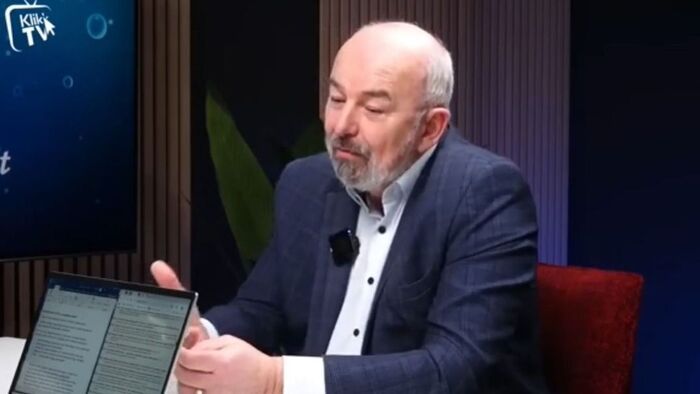


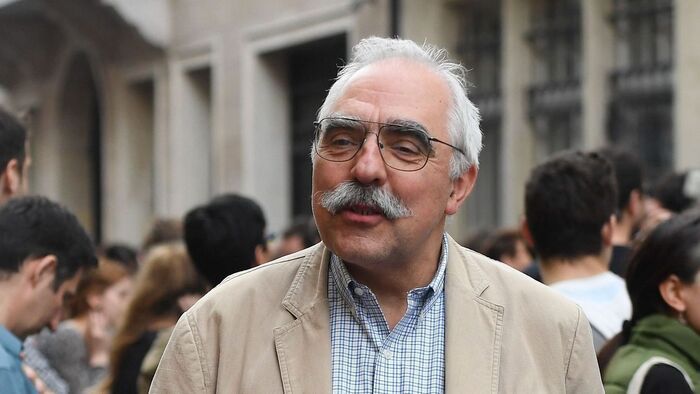
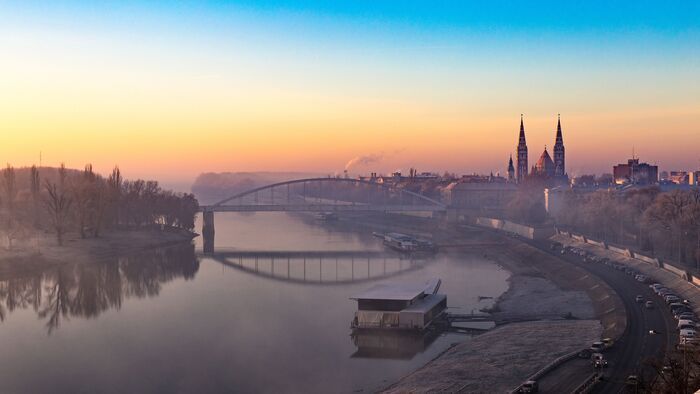

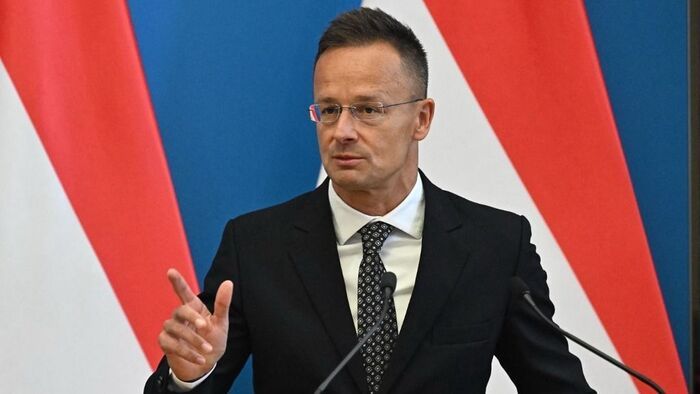
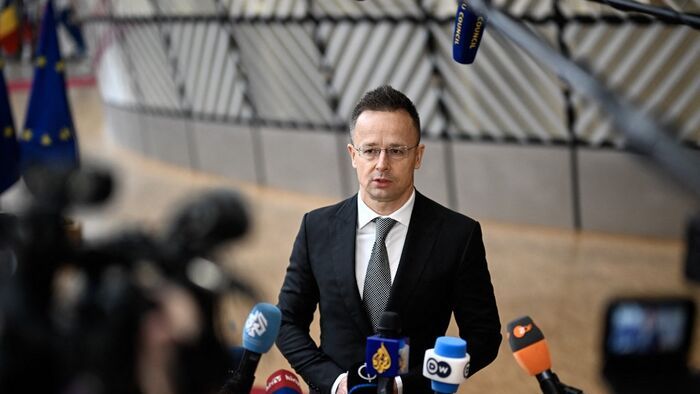
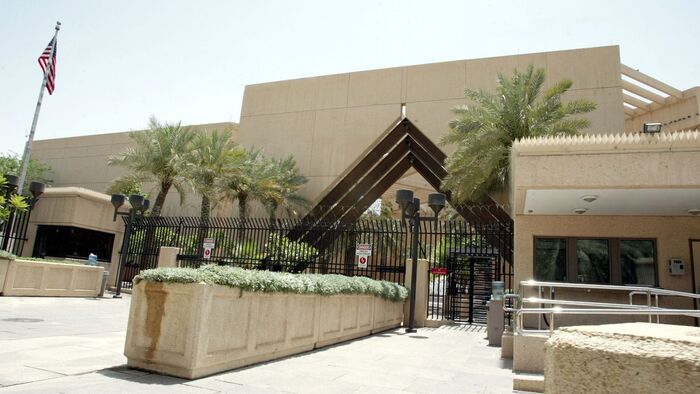


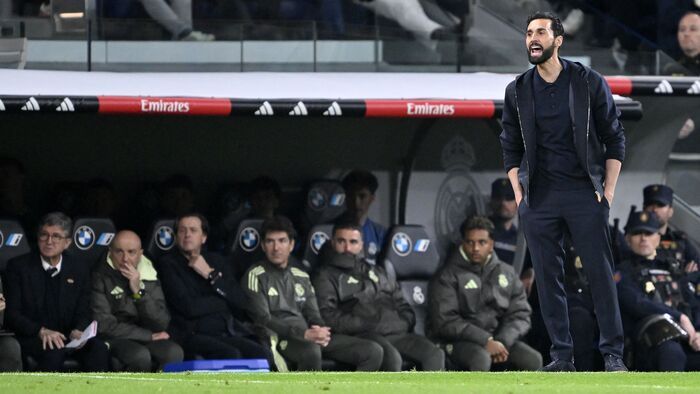

Szóljon hozzá!
Jelenleg csak a hozzászólások egy kis részét látja. Hozzászóláshoz és a további kommentek megtekintéséhez lépjen be, vagy regisztráljon!